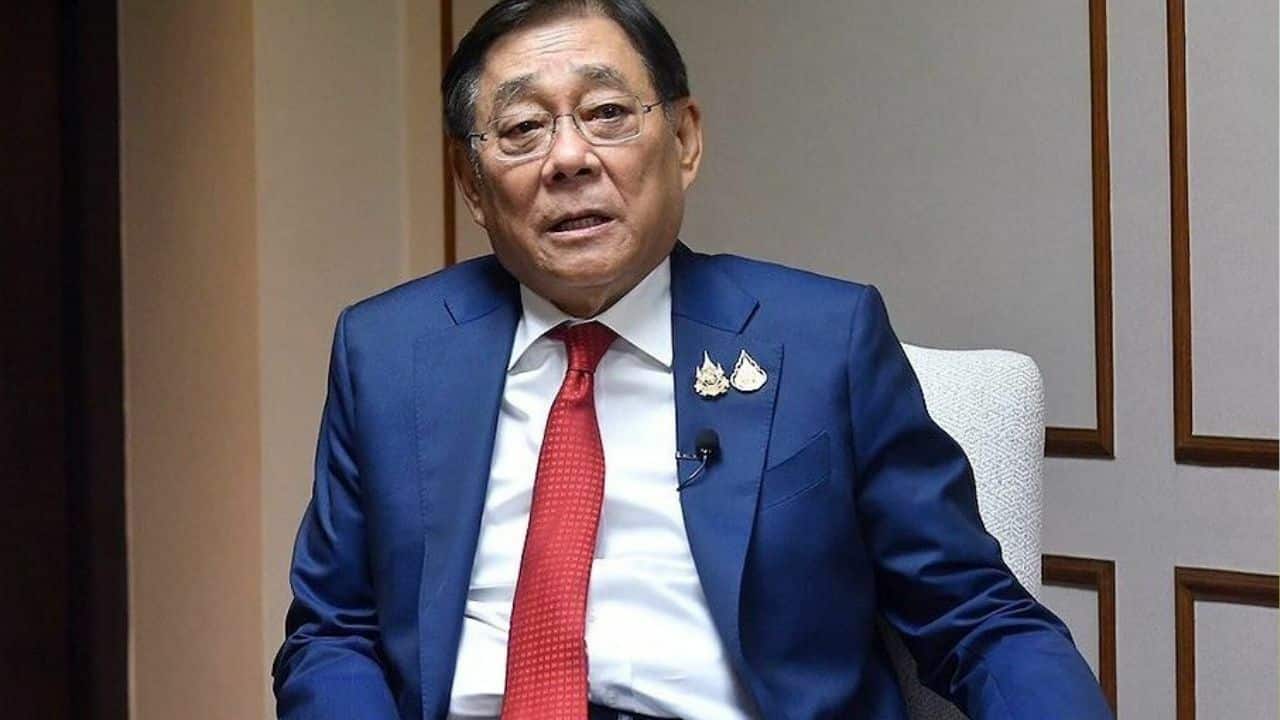
Deputy Prime Minister and Finance Minister Pichai Chunhavajira clarified that Thailand will not agree to a 0% tax policy with the US due to potential widespread impacts. The government is preparing a 200 billion baht soft loan scheme to aid private sectors and farmers.
Julaphan Amornwiwat, Deputy Finance Minister, confirmed yesterday, July 21, that Thailand cannot accept a 0% tax proposal in any scenario, as it would affect international commitments and key domestic sectors, particularly agriculture. This sector is considered vulnerable and requires protection by the government.
Julaphan elaborated that if Thailand were to agree to a 0% tax rate with one country, it would be expected to extend the same benefit to other trading partners. This could harm domestic businesses, especially in the agricultural sector. He cited Vietnam’s agreement, which allows exports to the US at a 20% tax while not reciprocating a 0% tax on US imports, as a pre-existing arrangement.
Thailand cannot replicate this without breaching its Free Trade Agreement (FTA) commitments, especially with European and Asian countries, and violating the Most Favoured Nation principle, potentially prompting other countries to demand similar treatment.
He stated, “We must wait for them to consider Thailand’s proposal to determine the outcome, but Thailand insists that its private sector and farmers must thrive.”
Julaphan also discussed measures to mitigate the impact of trade negotiations, indicating that the government has allocated 200 billion baht (US$6 billion) in soft loans to help the private sector and farmers adapt and continue their operations amid global economic uncertainties.
Tax policy
“The private sector must adapt, but the government’s role is to support, such as providing the necessary 200 billion baht in soft loans to ensure businesses can advance, farmers can continue their activities, and workers remain employed.”
Regarding adaptation strategies, Julaphan urged the private sector to expand its market reach and reduce reliance on a single market while closely monitoring global trends. Such crises may present new opportunities for the Thai economy.
“We must consider all aspects, including domestic investments, products invested in by the US and exported back, and Thai-manufactured goods, which should be prioritised. Products produced in Thailand but benefiting from other countries’ tax privileges must also be verified for sufficient local content.”
On the topic of establishing an entertainment complex, Julaphan noted that it has not been discussed in the Cabinet meeting as it is not urgent. He suggested that all parties should first reach a common understanding before proceeding with formal consideration, reported KhaoSod.
The story Thailand rejects 0% tax policy with US, protects agriculture as seen on Thaiger News.
